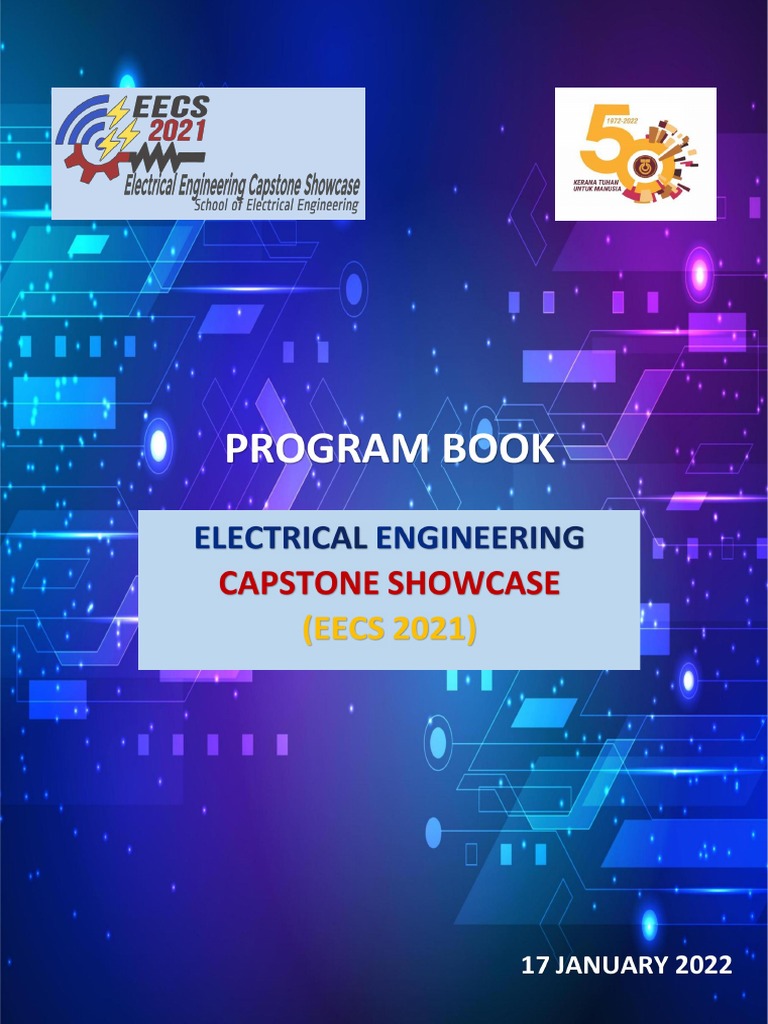Embarking on a graduate journey in Electrical Engineering and Computer Science (EECS) is a pathway paved with both exhilarating challenges and profound opportunities. The convergence of electrical engineering and computer science offers a multidisciplinary approach that is both compelling and complex. As such, current and prospective EECS graduate students can benefit from a plethora of resources that can enrich their academic experience and enhance their professional repertoire.
Firstly, understanding core curriculum resources is crucial. Most EECS programs are designed to provide a robust foundation in principles such as algorithms, computer architecture, and signal processing. Graduate students should delve into textbooks that are seminal within the field. For instance, “Artificial Intelligence: A Modern Approach” by Stuart Russell and Peter Norvig has become an indispensable resource for grasping the intricate world of AI, which remains a burgeoning area of research and application. Moreover, examining resources such as “Computer Networking: A Top-Down Approach” by Kurose and Ross offers insight into both theory and practical implementations of networking systems.
Secondly, online course platforms have burgeoned, supplying extensive resources that complement traditional learning environments. Platforms like Coursera, edX, and Udacity offer courses from leading universities covering niche topics within EECS. Engaging with these courses not only aids in mastering specific subjects but also cultivates a self-directed learning approach, which is essential for any graduate student aiming to thrive in an ever-evolving technological landscape.
Furthermore, it is imperative to utilize research journals and conferences as conduits of knowledge. Renowned journals such as IEEE Transactions on Computers or The Journal of Machine Learning Research publish cutting-edge research and reviews that illuminate emerging trends and technologies in the field. Attending conferences, such as the IEEE International Conference on Computer Vision or the ACM Conference on Computer and Communications Security, can be invaluable. These events provide networking opportunities, workshops, and keynote speeches from industry leaders that offer critical insights beyond classroom learning.
In addition, graduate students must engage with their university’s library resources. Many libraries offer access to databases such as IEEE Xplore, ACM Digital Library, and ScienceDirect, providing students with access to a wealth of research papers, articles, and technical reports. Leveraging these resources can significantly enhance one’s understanding of the broader academic landscape connecting various areas of study.
Moreover, the relevance of mentorship cannot be overstressed. Establishing relationships with faculty members can provide profound benefits, as mentors can guide students through complex concepts, offer research opportunities, and provide valuable perspectives on navigating professional pursuits. Students should proactively seek out faculty for discussions and consultations, as these relationships often lead to collaborative research endeavors that can bolster resumes and enrich academic experiences.
Networking, both within academic circles and the broader industry, is equally important. Graduate students should attend departmental seminars, workshops, and meetups focusing on both technical and soft skills that aid in personal and professional development. Platforms such as LinkedIn provide an arena for connecting with alumni and professionals who can offer guidance, job opportunities, and insights into various career pathways available to EECS graduates.
Equally vital is the engagement with student organizations and clubs related to EECS disciplines. Joining such entities can promote camaraderie, stimulate innovation, and often provide avenues for collaborative projects. These organizations may host hackathons, coding competitions, and speaker series featuring industry professionals, which immerse students in real-world applications of their studies and foster an environment of shared learning.
Additionally, graduate students in EECS should prioritize cultivating programming skills in various languages and frameworks. Resources such as GitHub encompass an expansive range of open-source projects, where students can contribute to real-world applications, enhancing both their coding proficiency and understanding of collaborative software development practices.
Moreover, initiatives like coding boot camps or certification programs can serve as adjunct resources for students seeking to solidify their programming competencies. By participating in such programs, graduate students can sharpen their skills in high-demand areas like data science, cybersecurity, and software engineering, positioning themselves favorably in the job market.
As students engage with this diverse tapestry of resources, they should also consider the role of internships. Gaining hands-on experience in the industry is quintessential. Securing internships allows students to apply academic theories to tangible projects, fostering an understanding of workplace dynamics, project management, and collaborative teamwork. Career services offered by universities frequently list internship opportunities and provide guidance for navigating the application process.
Additionally, embracing a multidisciplinary approach is becoming increasingly relevant in the EECS domain. Students should actively seek to collaborate across disciplines, integrating knowledge from fields such as biology, materials science, or robotics. Engaging in interdisciplinary projects can yield transformative insights, thus enhancing both personal development and the overall impact of their work.
Finally, on a psychological level, graduate students should embrace a growth mindset—an intrinsic belief that abilities and intelligence can be developed through dedication and hard work. This perspective fosters resilience, promotes a love for learning, and encourages a deeper appreciation for the intricate nuances of both electrical engineering and computer science.
In conclusion, navigating the landscape of graduate studies in EECS requires a proactive and multifaceted approach. Through the strategic utilization of varied resources—from academic textbooks and online courses to mentoring relationships and networking opportunities—students can cultivate a rich educational experience that prepares them for the future. By embracing these tools and fostering a collaborative and interdisciplinary spirit, current and prospective EECS graduate students can unlock their potential and contribute meaningfully to the dynamic world of technology.










